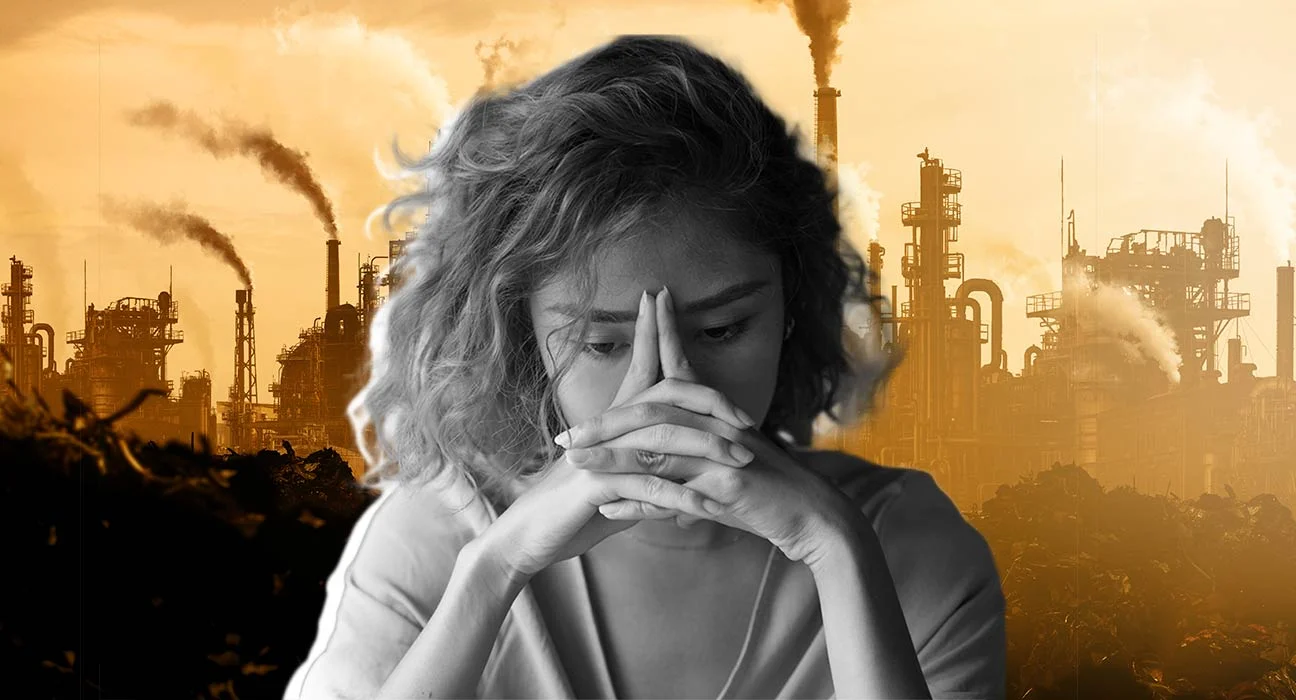Heatwaves and dust storms may cause irritability and aggression. Air pollution has been linked to depression and psychotic disorders. And rising carbon dioxide (CO2) levels can impair our ability to think.
Climate change is “really an experiment that humanity is running on itself,” said Michael Ranney, PhD, a cognitive psychologist at the University of California, Berkeley.
A 2022 study showed that on extremely hot days, more people visit hospital emergency rooms for mental health problems like anxiety, schizophrenia, self-harm, and child behavioral disorders. Suicides go up during heatwaves. A recent meta-analysis suggested that for each 1.8-degree Fahrenheit increase in the local temperature, suicides rise by 1%.
Heatwaves may also make us more irritable and prone to violence. In the 1800s, Belgian astronomer Adolphe Quetelet noticed that whenever heat smothered France, violent crime would surge.
Today, there are dozens of studies linking heat with homicides and assaults, said Craig Anderson, PhD, a psychologist at Iowa State University. A 2023 study of Chicago linked extreme heatwaves to surges in crime. In a 6-year study of about 4 billion tweets on Twitter, now called X, the number of hate messages increased with extreme temperatures.


